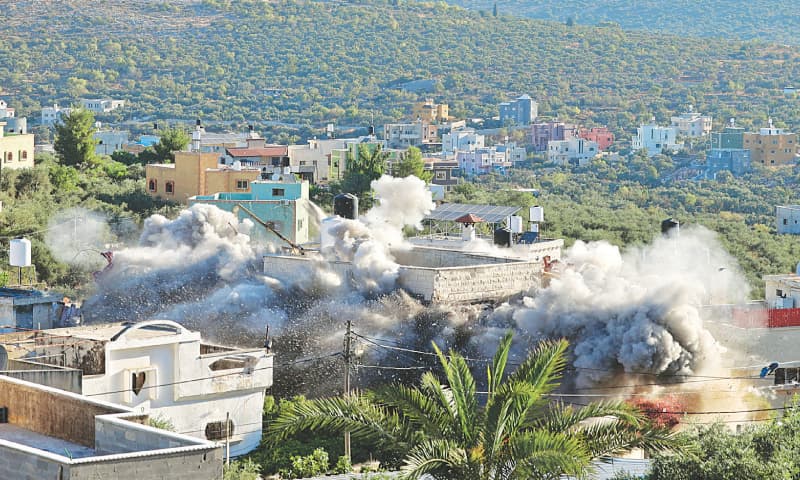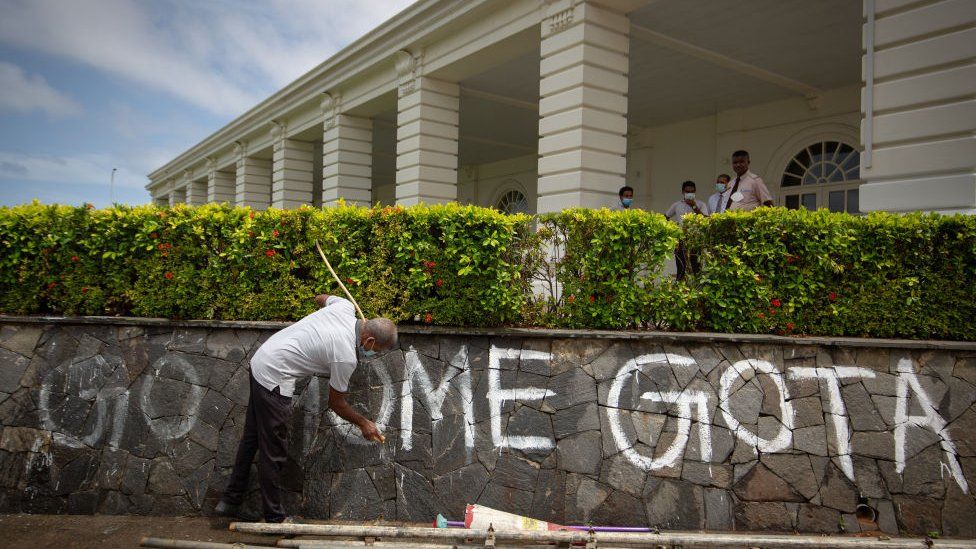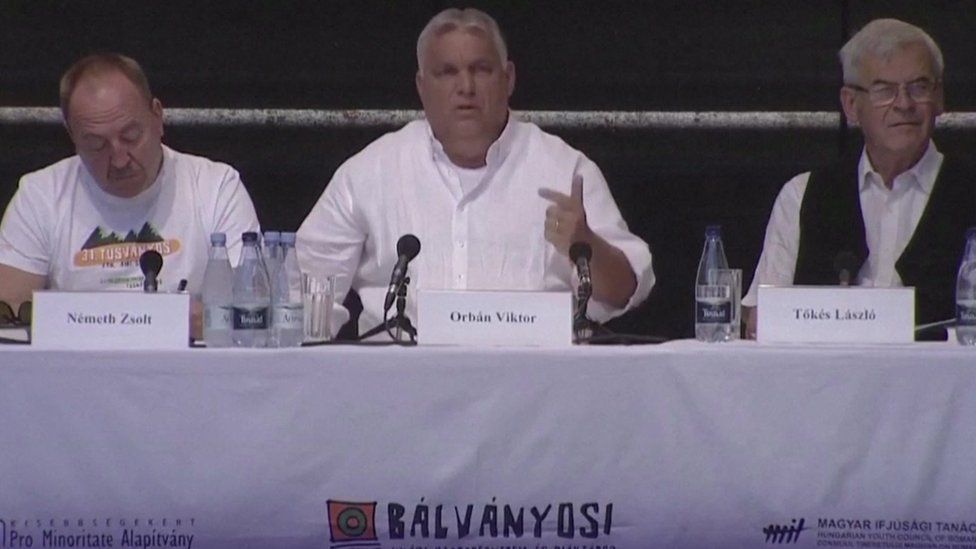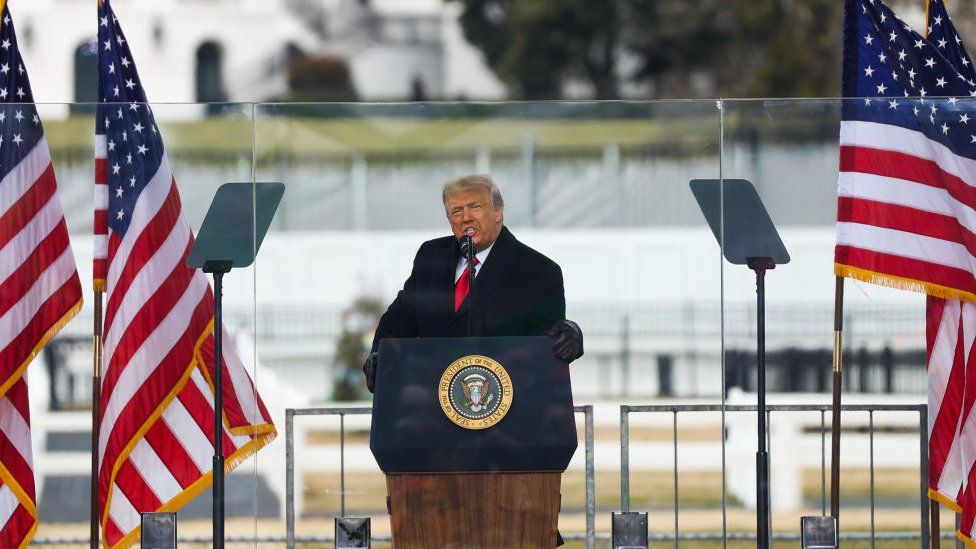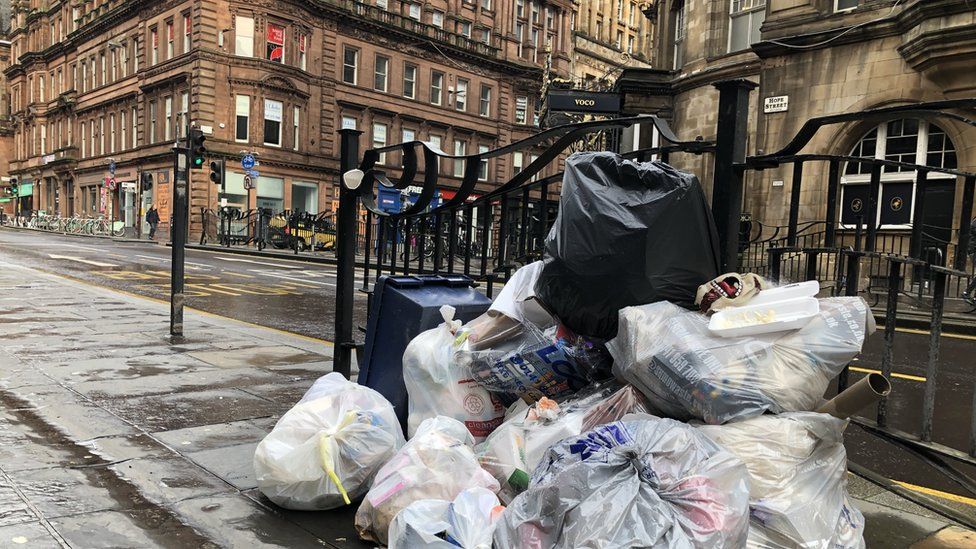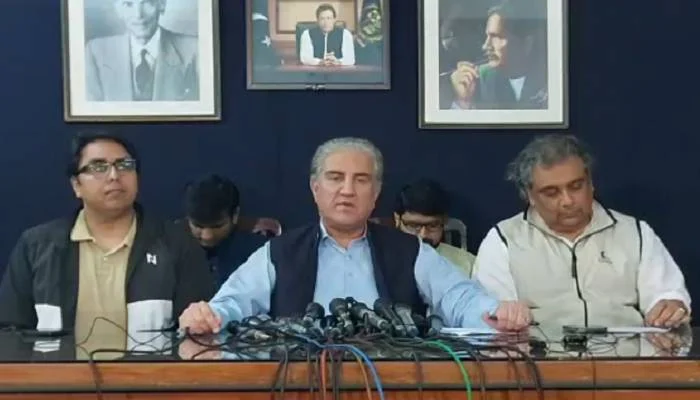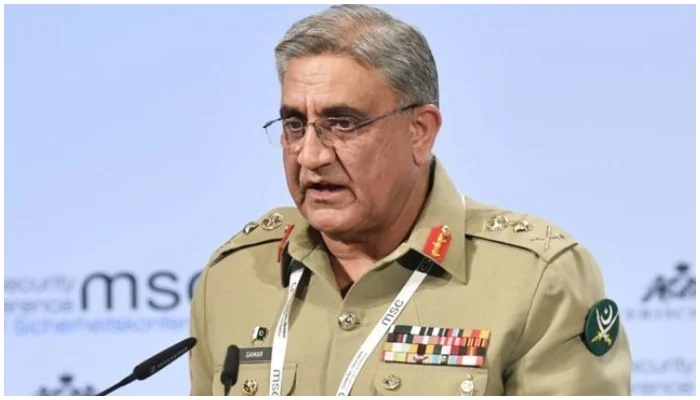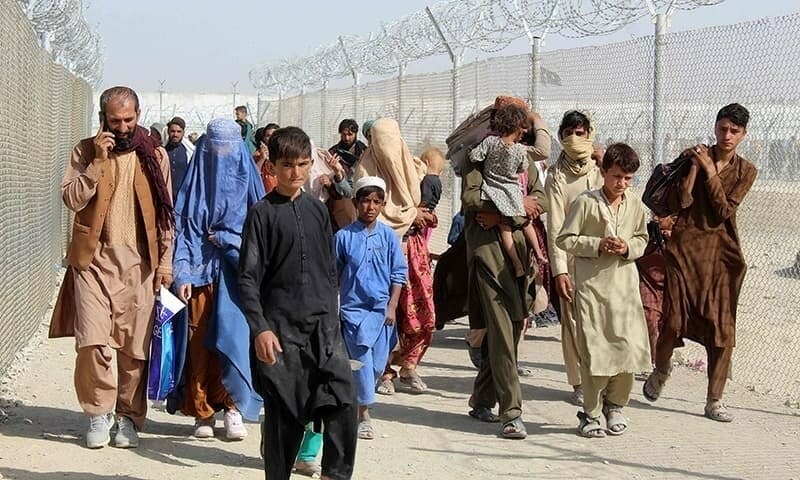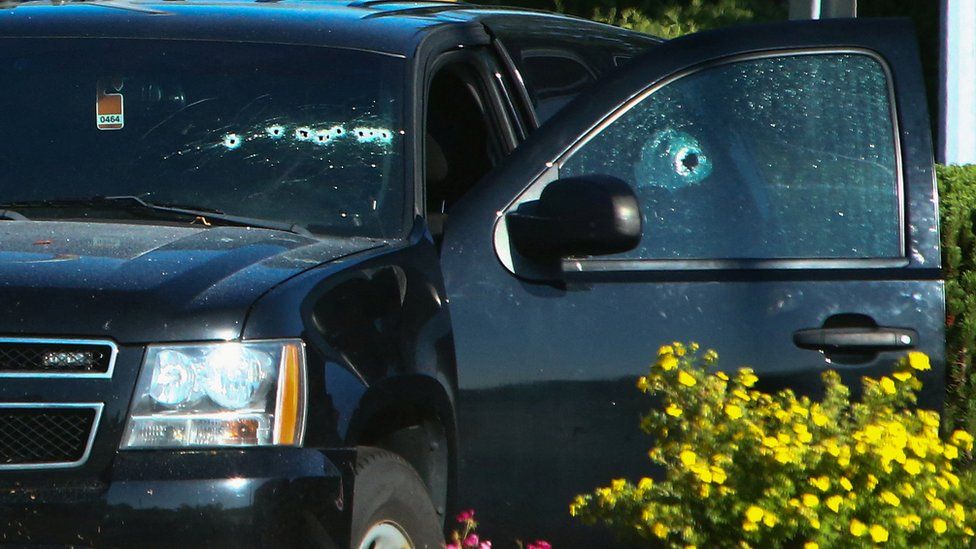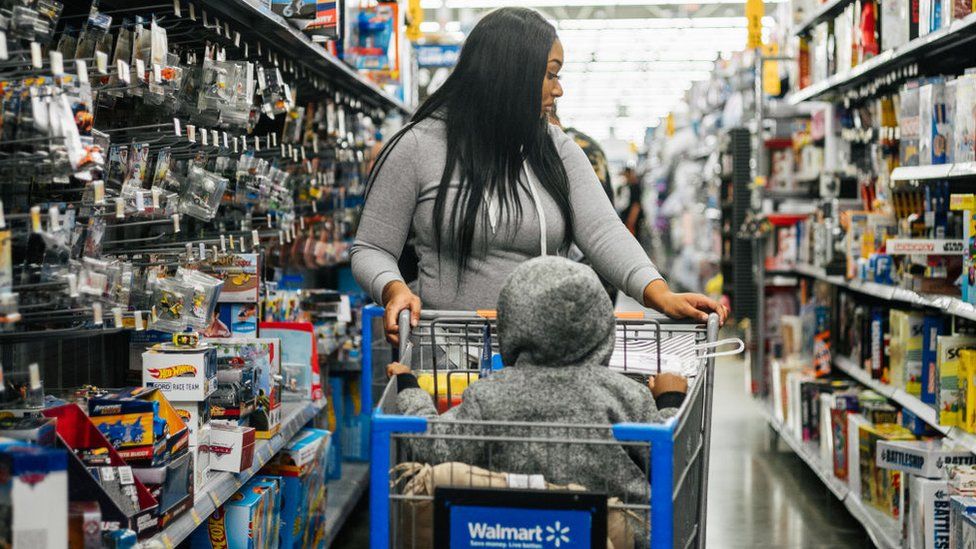The army said it had destroyed the homes in Qarawat Bani Hasan, in the northern West Bank, belonging to Yusef Aasi and Yehya Miri, accused of perpetrating “a deadly shooting attack at the entrance to the city of Ariel, murdering the Israeli security guard Vyacheslav Golev”.
Aasi and Miri were arrested a day after the April 29 attack and are being held by Israel.
They have not yet faced trial in Israeli military court, which exercises jurisdiction over offences committed by Palestinians in parts of the West Bank, a territory occupied by the Jewish state since 1967.
“The demolition took place after the petition from the terrorists’ families was rejected by the Supreme Court,” the army statement said.
The army added that during the demolitions, “hundreds of Palestinians instigated a number of violent riots. The rioters hurled rocks, Molotov cocktails and burning tyres at the soldiers. The forces responded with riot dispersal means.” Golev was killed during a period of surging tensions in the Israeli-Palestinian conflict, including regular clashes between Palestinians and Israeli security forces at Jerusalem’s flashpoint Al Aqsa mosque compound at the end of the Muslim holy fasting month of Ramadan.
Human rights activists say Israel’s policy of demolishing the homes of suspected attackers amounts to collective punishment, as it can render non-combatants, including children, homeless. But Israel says the practice is effective in deterring some Palestinians from carrying out attacks.
Roughly 475,000 Jewish settlers now live in the West Bank in communities widely regarded as illegal under international law. Ariel, where Golev was killed, is one of the largest settler communities.


